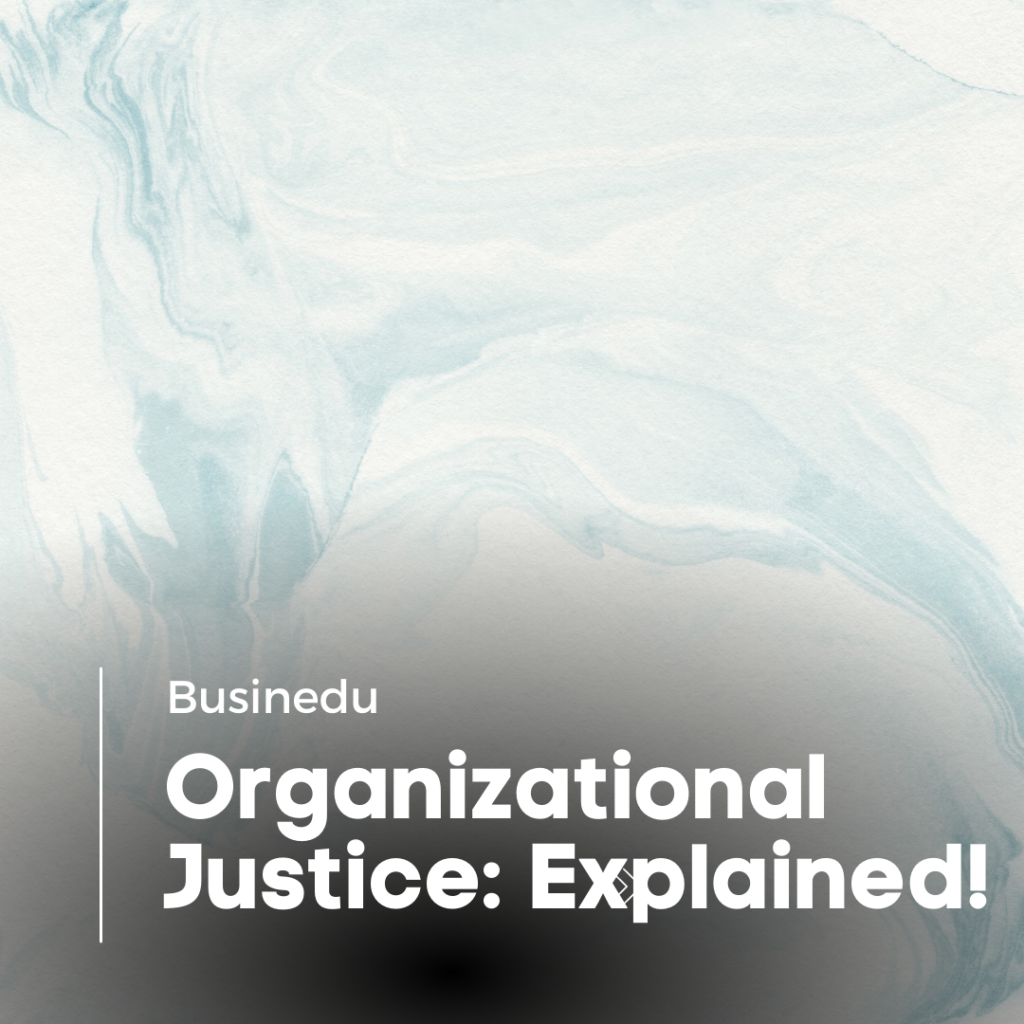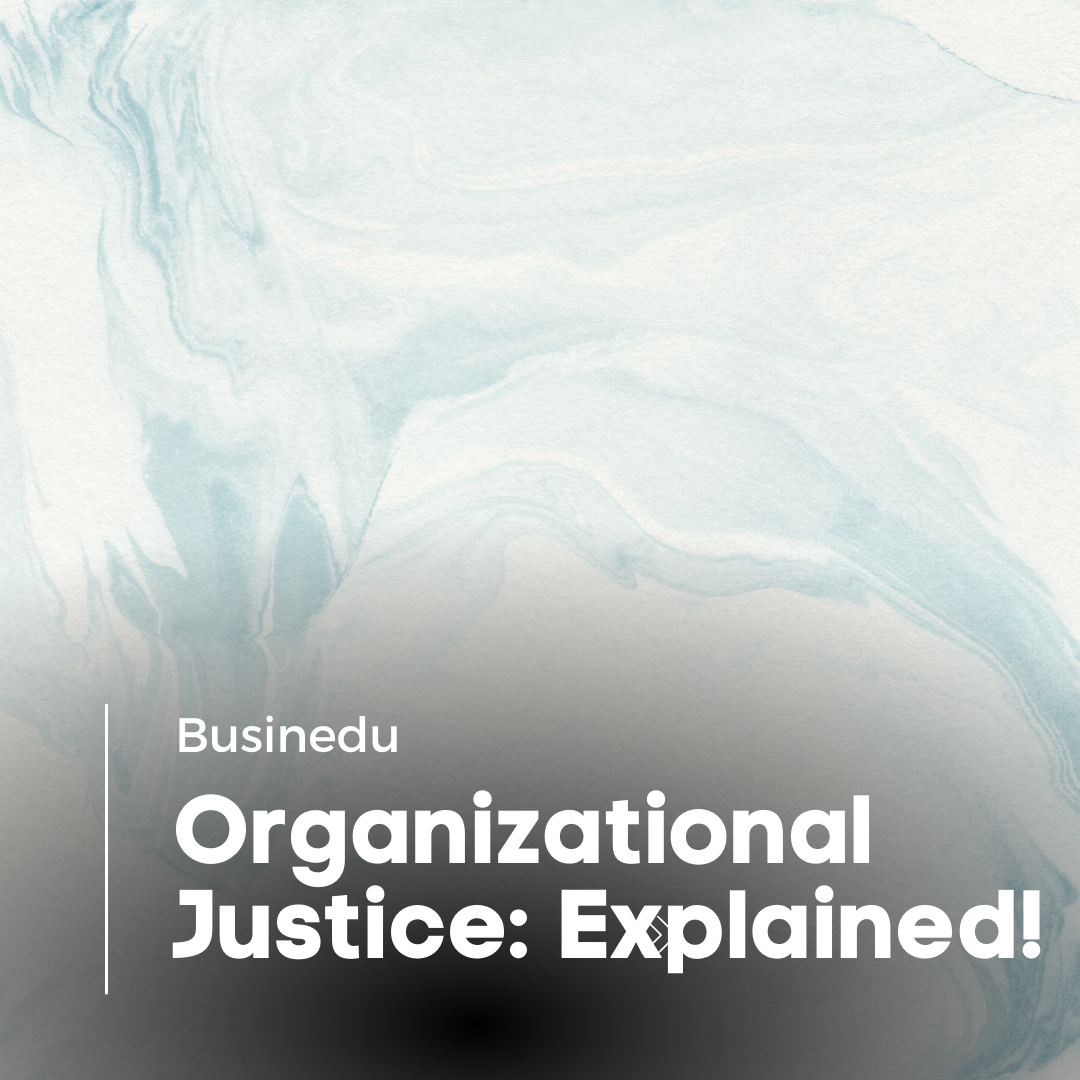Organizational Justice and Its Impact on Performance Management
Organizational Justice and Its Impact on Performance Management
Organizational justice is a concept that has been gaining traction in the business world in recent years. It refers to the fairness of the decisions and actions taken by an organization and how the employees perceive those decisions and actions. It is an essential factor in the success of any organization, as it can significantly impact employee performance and morale. This article will explore the concept of organizational justice and its implications for performance management.
What is Organizational Justice?
Organizational justice is a concept that refers to the fairness of the decisions and actions taken by an organization. It is based on the idea that employees should be treated fairly and equitably and that their contributions should be recognized and rewarded. Organizations need to ensure that their employees perceive their decisions and actions as fair, as this can significantly impact employee morale and performance.
Organizational justice can be divided into three main categories: distributive justice, procedural justice, and interactional justice. Distributive justice refers to the fairness of the outcomes of decisions and actions taken by an organization. Procedural justice refers to the right of the processes used to make decisions and take action. Interactional justice refers to the right to interactions between employees and the organization.
How Does Organizational Justice Impact Performance Management?
Organizational justice has a significant impact on performance management. When employees perceive that the decisions and actions taken by an organization are fair, they are more likely to be motivated and engaged in their work. This can lead to improved performance, as employees are more likely to put in the effort required to achieve their goals.
Organizational justice also has an impact on employee morale. When employees feel they are being treated fairly and equitably, they are more likely to be satisfied with their job and have a positive attitude towards their work. This can improve performance, as employees are more likely to be motivated and engaged.
Organizational justice also has an impact on employee retention. When employees feel they are being treated fairly and equitably, they are more likely to stay with the organization for extended periods. This can lead to improved performance, as employees are more likely to be familiar with the organization and its processes and, thus, more likely to be productive.
Organizational justice also has an impact on employee recruitment. When employees perceive the organization as fair and equitable, they are more likely to recommend it to their friends and family. This can lead to improved performance, as the organization is more likely to attract high-quality candidates who are more likely to be productive.
Conclusion
Organizational justice is an important concept that significantly impacts performance management. When employees perceive that the decisions and actions taken by an organization are fair, they are more likely to be motivated and engaged in their work, leading to improved performance. Additionally, organizational justice can impact employee morale, retention, and recruitment, leading to improved performance. Organizations should strive to ensure that their employees perceive their decisions and actions as fair to maximize performance.



